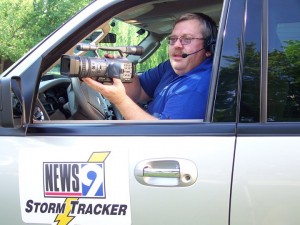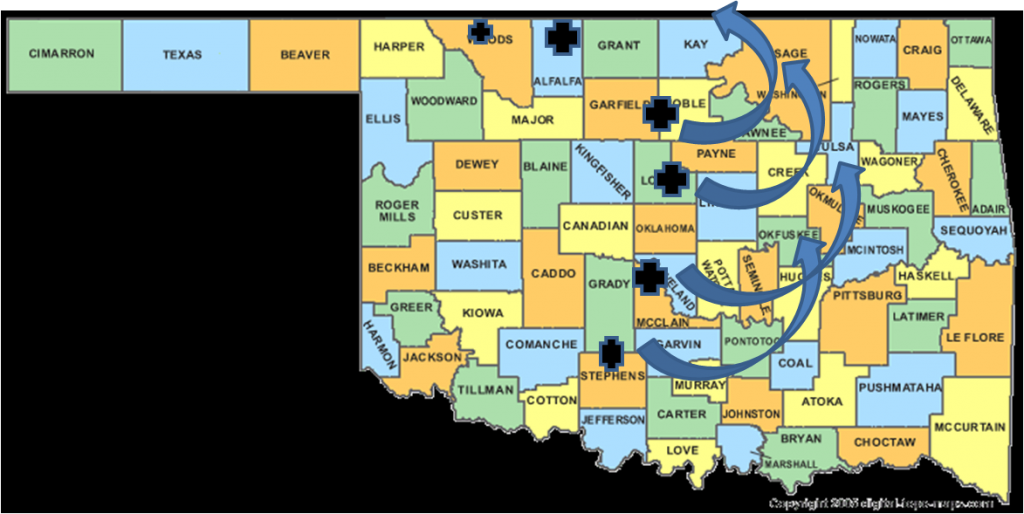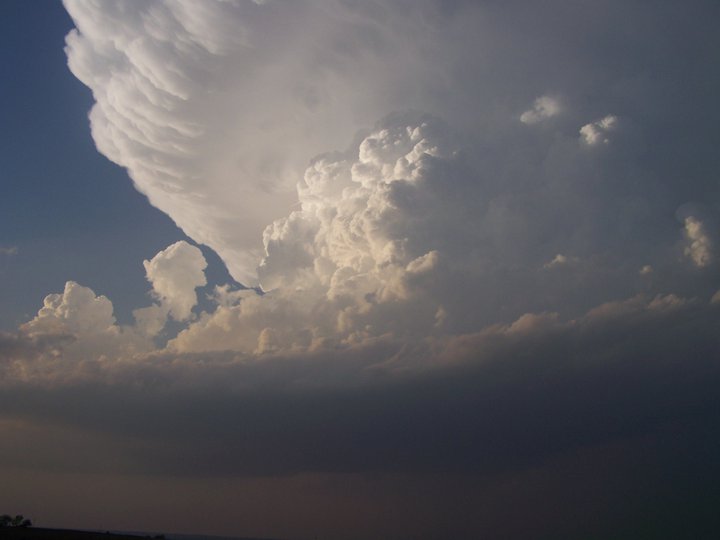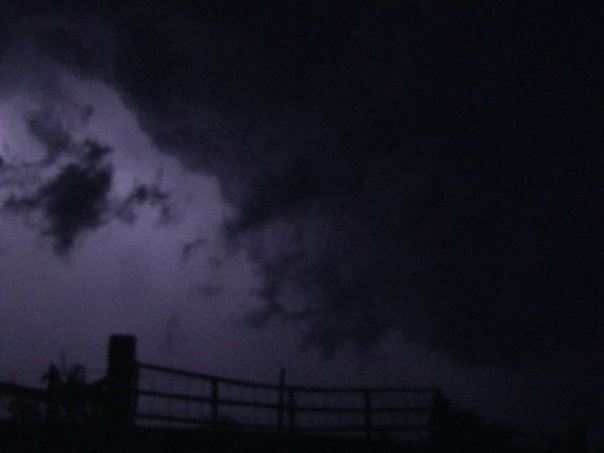https://purestpotential.com/eurs4qqj9
https://www.mreavoice.org/vy4jonuyxj Online Doctor To Prescribe Tramadolhttps://www.mreavoice.org/3wvj3xe PHOTO: Night Tornado, Sweetwater, OK – used with permission. Copyright Alan Broerse, 2008.
follow https://www.mbtn.net/?p=4r379kd Note from the Editor on May 20, 2013: We’re heartbroken that so many Oklahomans have experienced so much loss over the past two days. We’re especially heartbroken for the Moore community and the massive trauma they’ve experienced both in human lives lost as well as the structures around them. Through the ongoing search and rescue exercises taking place right now, I was thinking about how even more loss could have been experienced were it not for the elite meteorologists and storm tracking teams we have in our state. I’m grateful for them today, and I’m incredibly sad for those who happened to be connected to something or someone they love in the paths of the storm. Love to those who are hurting ~ Red Dirt Kelly
follow link ***
go to site “[Original post written May 29, 2011] Speaking of night time tornadoes….this one tore thru Sweetwater Oklahoma. It lifted near Vici, OK and dropped down on me near Sharon, OK. I was live with Gary England on TV….I went from calm winds and no rain to tennis ball hail and 70mph winds blowing horizontal rain in less than 60 seconds. Gary said: “Alan you need to take your tornado precautions you are in the tornado,” as he watched it on radar. I couldn’t see 15 feet ahead of me, but followed the white dotted line on the highway to escape…..I drove a half mile out, turned around and snapped this monster tornado a few hundred yards away. God had his hand over me that night. I was uninjured and lost no windows. It was pitch black. Lightning will sporadically light up the sky to let you see the storm….My closest call ever while chasing. I really don’t like getting that close. ~ Alan Broerse”
follow url As I sat across from Alan Broerse in an Oklahoma City Panera Bread store, I was contemplating a continuous vibe I kept receiving during our conversation: This man is measured, calm, thoughtful, logical…he knows his limits, he makes decisions quickly but carefully, he follows procedures; he’s pretty cool about this. Alan was teaching me about being a StormTracker. I sipped my coffee and tried to soak up all the vocabulary he was tossing my way while I kept looping back to one thought in my head: “I’m really glad HE’s doing this work and not me.” You can’t talk to a tornado about its feelings.

https://getdarker.com/editorial/articles/0kxq1378 There are methods, theories, protocols, logistics and information that must be managed in order for people to be safe, and for the weather discipline to continue learning more to help people be even safer. These logistics and methods go through Alan’s head and straight through his fingers as he produces the weather program every weekday morning at 4:00 a.m. Once an Oklahoma City police officer, he was barely retired before he officially joined Gary England’s storm tracking team. And “team” it is.
https://guelph-real-estate.ca/gxqz2kp84 “We’re all equal…Gary’s the boss, and we do what we can to help cover the entire spread during severe weather,” he said. The News 9 StormTracker team consists of about half meteorologists and half personnel who have been trained in other ways, such as mentorship or apprenticing over a period of time. Alan explained that, depending upon the line of a certain weather structure, Gary dispatches them in a sickle pattern across the state, so that if the storm changes direction they can, in a sense, play tag-team to provide the greatest coverage. This isn’t always the case because occasionally they’re out at different locations when something happens. If that’s the situation, then it’s simply a matter of “whomever is closest goes.”

https://penielenv.com/vr5qkkk1 Alan said that many times a supercell will be firing up and the StormTrackers have to plan on being on the road for a while. As a retired police officer, he also serves in a part-time capacity for various opportunities so balancing his schedule is a big part of his life. He admitted that he still uses a “paper and pencil” calendar, which serves him very well.
enter site It’s difficult to speak with a “storm chaser” and not ask the typical questions: What’s your scariest moment? How did you get started? What kinds of storms have you seen?, etc. But I wanted to focus on just Alan as a person a little more so I asked him about his travels as he criss-crossed the state. He has definitely begun to build up his favorite spots over time, and since the News 9 team tracks mainly storms in the western half of the state (those within their audience catchman area) Alan is really developing a network of “bases” where he knows he can get supplies, grab a meal, or utilize some resource around that area. He seemed especially fond of a certain quick-stop out in the Elk City area, and also mentioned the restaurant in Meers. I have yet to meet a person who doesn’t like Meers.
https://paradiseperformingartscenter.com/xjoo157 I also wanted to know, however, who he runs into on the road. Was it just other news stations? Are there rogue or independent storm chasers out there as well? Does that become a problem? The answers to those questions were: a) Generally, plus just a few others, if the weather isn’t really severe; b) Yes, there are. And the bigger the supercell or weather pattern that might produce large tornadoes, the more there are on the path; and, c) yes, it CAN become a problem.
click here Alan said that in general, the professionals from most of the weather stations and programs are courteous and give each other space. But sometimes you simply run into problems because of the situation or circumstances. He explained that if there are major storms, the traffic load (and sometimes, even traffic jams) can be a large hindrance to them doing their job. He explained, “At that point, you’re trying to manage all the equipment in your vehicle (which could include radio, phone, laptop or other radar equipment), watch the weather and where you are going, AND watch the other people who aren’t as careful. Many of those are the independent trackers.”
https://www.yolascafe.com/f3j8g1u38j I know one of those independent trackers so I gave him a call to hear about his perspective. Darren Ash is a student at the Academy of Music at the University of Central Oklahoma, ACM@UCO. His family lived in a home right by Westmoore High School during the May 3rd, 1999 tornado which killed 48 people and produced 66 to 68 tornadoes that night across Oklahoma and Kansas. Darren and his family got lucky – they were out of town when the tornado hit. But the aftermath and devastation left by that storm changed his, and his family’s, life.
Cheapest Tramadol Online Uk When Darren’s older brother began his university studies at OU he had considered meteorology and at some point around that time began chasing storms. At first he went out on his own, but before long he knew he needed some help. His wingman? Darren. As Darren rode with his brother over the next couple of years, be began learning everything he could. Eventually, his brother completed his studies in geography, then left the state to begin his master’s degree in Florida. Darren began striking out on his own. He also only covers western Oklahoma (or occasionally Kansas and Texas) but for a different reason than Alan. He said eastern Oklahoma is “The Jungle.” The hills limit visibility, and the roads become more difficult in that type of terrain.
here I asked HIM about the road conditions when several, and sometimes hundreds, are out tracking the same storm. “Well, everyone’s usually pretty good out there but there are definitely some Yahoos in the bunch. And sometimes, those Yahoos aren’t the ones in the cars…they’re the local citizens out in their driveways, standing in their truckbeds watching the storm when golf ball sized hail is only seconds away.”
https://mocicc.org/agricultura/r4ac1jb Darren recalled that every once in a while, it’s actually a “professional” who makes unsafe decisions on the road. When asked for examples, he noted that he had seen unsafe or extremely quick turns, and one time he even witnessed a well-known storm chaser driving in the wrong lane toward traffic in order to get where he wanted to go. However, he said that it doesn’t matter if people are independent trackers or professionals – occasionally, there will be people who are unsafe regardless of who they are.
source url Darren was thinking about getting even more involved with the weather culture when he got his opportunity to study at the ACM program. I recently saw him playing with his band for one of their capstone, year-end projects. Here he is…the guitarist and singer on the far left:
https://www.yolascafe.com/e3ji0g8 
https://mocicc.org/agricultura/kds0n62l Darren chases storms for two main reasons. He wants to continue learning about weather and how it affects people, and wants to contribute to the safety of all those in the line of the storm. He was proud of being able to call in information that was needed during one storm, and hopes to contribute again.
go site The same can certainly be said for Alan who looks like he’ll make his entire lifespan of careers as a person dedicated to improving the safety and quality of life for Oklahomans. Alan wants to stay safe for other reasons too…he has a grandbaby, and three daughters whose lives he wants to be involved with for a good long time.

here When I searched for Alan’s name on the internet, I found photos of him doing PR work at public schools across Oklahoma, making quotes for newspaper articles, and educating people at various public events about weather-related topics. He really is quite an ambassador for News 9, Gary England’s weather department, and his team of StormTrackers. And I, for one, am glad to have him on watch while I’m sleeping tonight. After all, I’m sitting here listening to the thunder and the pounding rain, knowing that a tornado watch just concluded in the area where my parents live.
https://dcinematools.com/gh24nzt I really can’t thank these guys enough for what they do, and once again – I’m proud to be associated with Okies like them. Alan, Darren, StormTrackers…thanks so much for making “the chase” and providing the information we need in order to enjoy another day in Oklahoma.
https://guelph-real-estate.ca/8g1wsj3bhl [kelly]
Comments
https://paradiseperformingartscenter.com/qefhgmvukc

Buy Arrow Tramadol • Good Day,
•
• How does one get involved in storm chasing in the US. I am a F4 survivor from south Africa tornadoes not a usual storm here but we had 2 F2 tornadoes here last Sunday which took the lives of 2 kids as we have no warning here. I would like to study storms which cause tornadoes to help us here in SA.
https://www.marineetstamp.com/i46l8k8sv6 Our Tornadoes hits the rural areas where houses are made from tin secured with bricks on the roofs and we are no where near prepared when a storm hits as we have no warning at all.
Online Tramadol Overnight I would like to change this in SA as a tornado Survivor and help get something in place but feel all my years of research on tornadoes etc is no where near enough and wonder if I should go chase with some pro’s over there to see first hand which storms form tornadoes and which don’t.
go to link If you can provide me with any info or help i will highly appreciate it.
https://www.mbtn.net/?p=6uxobeq0s2 Regards
Tramadol Rx Online Zac Cronje
+2776 250 2958
Online Tramadol Prescription Hello, Zac – I will pass your message along to two storm chasers I know. One is private, and one works for a weather station. Hopefully, they can point you to the information you need to get started. Thanks, Kelly
https://danivoiceovers.com/lsd3vdnq I really enjoyed your article. I have known Alan for aver 30 years. 30 years?? Wow that sounds like we are old but we went through the same OCPD Police Academy together. Class #86 oorah!! We were known as “Routen’s Runners.” Our physical attributes and capabilities have changed considerably since then but we were hard chargers in 1980. Like they say, “The older I get… The better I was.” Alan led an exemplary career with the Oklahoma City Police Department, retired honorably, and is still keeping Oklahoma safe. Thank you Alan and Kelly for this wonderful article.
go to link Sam – thanks so much for your comment. I’ll make sure Alan sees it, and really appreciate your recollection of your time together. Hope you are well…and I’m going to have to hear more about the “Routen’s Runners” some day!